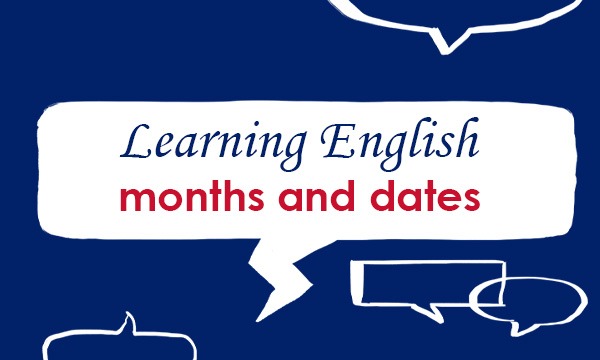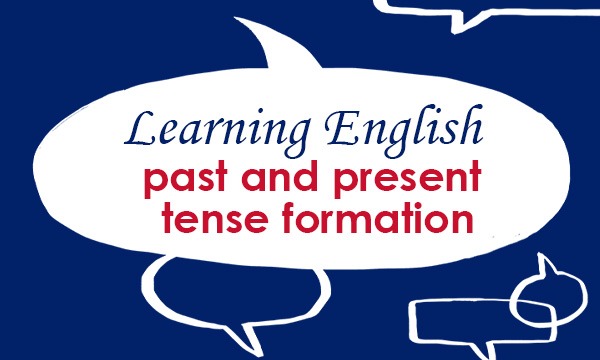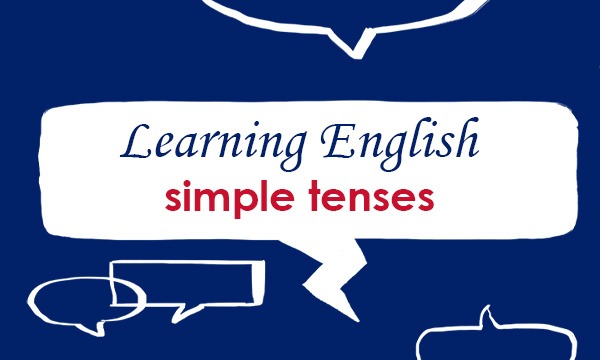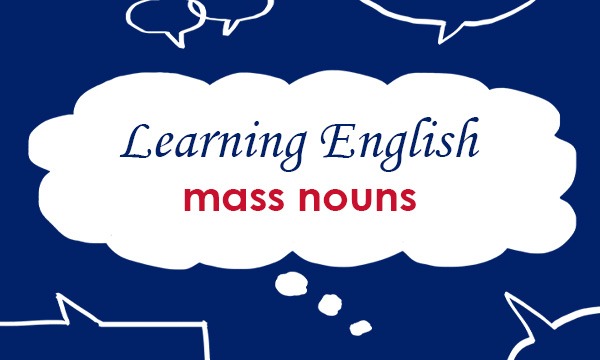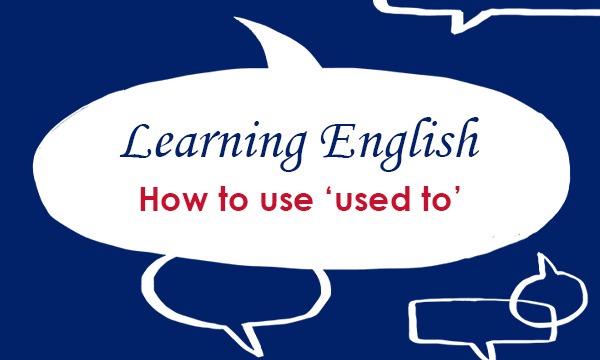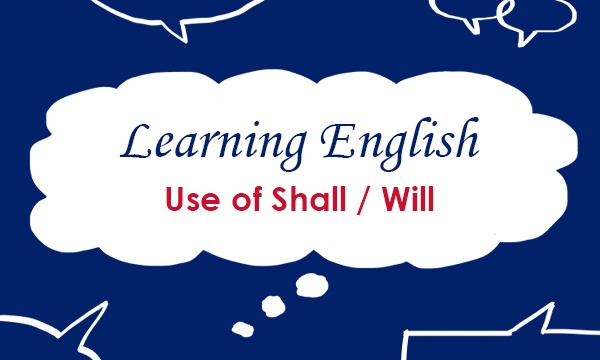
Using semicolons
The semicolon is used to mark a break between two main clauses when there is a balance or a contrast between the clauses. Compare: The engine roared into life. The propellers began to turn. The plane taxied down the runway ready for takeoff. with: The engine roared into life; the propellers… Read More


